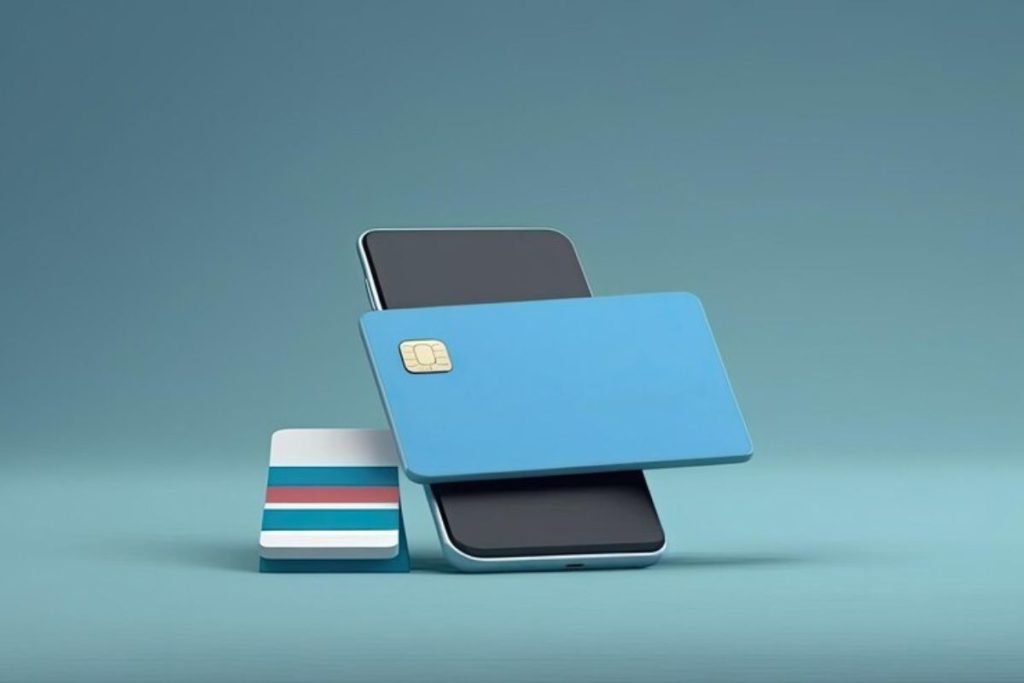4-Month Free Trial Test & Validate your 3DS Products & Authentication Flows with our Free 3DS Sandbox Environment.
4-Month Free Trial Try our 3DS Sandbox Environment.
4-Month Free Trial Test & Validate your 3DS Products & Authentication Flows with our Free 3DS Sandbox Environment.
4-Month Free Trial Try our 3DS Sandbox Environment.

In today’s fast-paced digital world, businesses are thriving by embracing online transactions and e-commerce platforms. However, with the rise of online transactions comes the risk of chargebacks, a challenge that can significantly impact businesses of all sizes.
In this article, we will delve into the world of chargebacks, exploring what they are, why they occur, and most importantly, how to effectively stop chargebacks to protect your business and its hard-earned profits.
Chargebacks, also known as payment disputes, occur when a customer disputes a transaction and asks their bank to reverse the payment. Chargebacks were initially designed to protect consumers from fraudulent transactions, but they have become a tool for customers to request refunds without direct communication with the merchant.
Chargebacks can arise for various reasons, including unauthorized transactions, dissatisfaction with products or services, and technical glitches. Customers may also resort to chargebacks due to unclear billing descriptors or misunderstanding subscription terms.
Chargebacks can have severe financial consequences for businesses. Not only do they result in lost revenue, but they also incur chargeback fees from payment processors. Excessive chargebacks can even lead to higher processing fees or, in extreme cases, account termination.
Beyond the financial implications, chargebacks can tarnish a business’s reputation. Excessive chargebacks suggest poor customer service or potential fraud issues. This negative perception can deter potential customers and erode trust.
One common reason for chargebacks is unauthorized transactions. If a customer’s card is used without their consent, they have the right to dispute the charge. Merchants can prevent this by implementing robust authentication methods and fraud detection tools.
Customers may resort to chargebacks when they are dissatisfied with a product or service. Clear product descriptions, transparent return policies, and exceptional customer support can minimize these situations.
Technical glitches during the transaction process can lead to chargebacks. Merchants should ensure their online platforms are user-friendly and regularly tested to avoid such issues.
Merchants can implement two-factor authentication, SMS verifications, or biometric identifiers to ensure the legitimacy of transactions and prevent unauthorized use.
Providing detailed product information, clear pricing, and transparent refund and return policies can reduce misunderstandings and minimize chargeback requests.
Offering prompt and efficient customer support channels allows dissatisfied customers to seek resolution directly from the merchant, reducing the likelihood of chargebacks.
Merchants can leverage AI-powered fraud detection tools that analyze transaction patterns and behaviors to identify potential fraudulent activities.
Regularly monitor transactions and investigate any suspicious activities promptly. Addressing potential issues before they escalate can prevent chargebacks.
Maintain open communication with payment processors to receive alerts about potential chargebacks and work together to address them effectively.
When faced with a chargeback, gather all relevant transaction information, receipts, and communication records to build a compelling case.
Craft a thorough and detailed response that presents a clear picture of the transaction, including evidence that supports the legitimacy of the purchase.
Follow the guidelines set by payment networks for dispute resolution. Timely and accurate responses are crucial to successfully navigate this process.
Ensure customers are aware of their rights, transaction processes, and return policies to minimize misunderstandings and miscommunications.
Respond promptly to customer queries and concerns, providing exceptional service that encourages direct communication rather than resorting to chargebacks.
Maintaining an optimal balance between excellent customer service and robust fraud prevention measures is essential for a successful business.
Utilize advanced technological solutions to automate fraud detection, streamline customer support, and enhance overall customer experience.

For businesses facing persistent chargeback issues, seeking the expertise of chargeback prevention professionals can provide tailored strategies.
Financial advisors can offer insights into managing chargebacks, mitigating financial risks, and optimizing revenue streams.
Discover how Business X implemented a combination of authentication protocols, customer education, and enhanced customer support to significantly decrease chargeback rates.
Explore how a creative retailer turned chargeback challenges into opportunities by revamping their customer engagement strategies and reinforcing trust.
Chargebacks can pose a substantial threat to your business’s financial health and reputation. By adopting proactive measures, leveraging technology, and maintaining open communication, you can minimize chargebacks, protect your profits, and foster customer trust.
A chargeback is a transaction dispute initiated by a customer with their bank, leading to a reversal of the payment.
Businesses can prevent unauthorized transactions by implementing strong authentication methods and fraud detection tools.
Effective customer communication reduces misunderstandings and encourages direct resolutions, reducing the likelihood of chargebacks.
Yes, with innovative strategies, chargeback challenges can be transformed into opportunities for improved customer engagement and trust.
Businesses facing persistent chargeback issues should consider seeking advice from chargeback prevention experts or financial advisors.
With many years of rich experience in technology development, Logibiz Technologies aim to boost your online presence by offering 360-degree solutions related to Online Payments and its Security.
From Online Fraud Prevention solutions to White Label Payment Gateway Platform and complete 3DS testing environment, Logibiz has got your back. Additionally, we also offer consultancy services for all your EMVCo & Card Scheme certification needs.
We provide Free Demo & POC of our products which are certified globally and trusted by leading Financial Institutions worldwide.
Book a Free Consultation Call with our experts to discuss how we can help grow your online payments business.
Test your 3DS Products with a 4-Month Free Trial of our 3DS Sandbox Environment.
Try 4-Month Free Trial of our 3DS Sandbox Environment.
We provide Tailored Payment Solutions for PSPs, Payment Gateways, Banks and Merchants with a complete range of top-tier payment gateway platforms, robust authentication solutions, and cutting-edge testing tools.
We’ll update you on our upcoming events, newsand publications.
Test & Validate all your 3DS Products & Authentication Flows with a 4-Month Free Trial of our 3DS Sandbox Environment.
Try our solutions for free! Sign up now and see how we can help you.
Explore our comprehensive services. Download our brochure for detailed information on our offerings and solutions.
The 3DS Server provides a functional interface between the Directory Server (DS) and the 3DS Requestor Environment flows. 3DS Server is responsible for gathering necessary data elements for 3-D Secure messages, authenticating the DS, validating the DS, the 3DS SDK, and the 3DS Requestor, safeguarding the message contents. The 3DS Server also helps to protect the message content while it is being transferred to DS and vice versa.